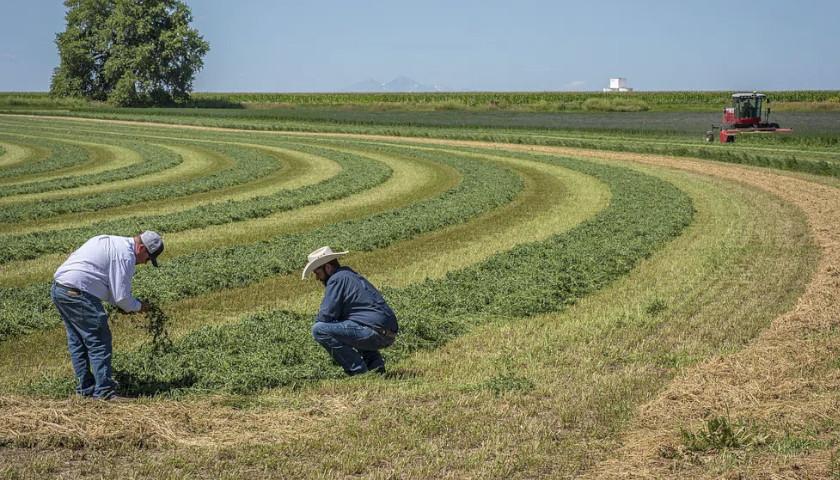by Anthony Hennen
As the federal farm bill gets debated in Congress, Pennsylvania lawmakers and agricultural leaders hope to see a boost in research funding along with action to improve broadband internet and child care in the rural reaches of the state.
Senate and House lawmakers from around Pennsylvania came together Wednesday to talk about their priorities and concerns for farmers.
“Universities are doing what they can to upgrade, but we need some federal help,” said Richard Rouse, dean of Penn State University’s College of Agricultural Sciences.
In the last six years, Penn State has spent $138 million to upgrade its agricultural buildings, he said, and the state has provided another $50 million for related upgrades for animal diagnostics, but aging infrastructure remains.
“Our primary greenhouse at Penn State was built in 1947,” Rouse said. “We’re trying to do 21st-century research in facilities built in the mid-20th century.”
He said the “degradation” of Penn State’s research and teaching facilities for agriculture is part of a national trend that hurts land-grant universities.
“A nation that controls its food controls its destiny,” Rouse said. “It really is a matter of … national security and global security.”
State policies beyond Pennsylvania’s borders present a problem as well.
Chris Hoffman, president of the Pennsylvania Farm Bureau, warned of a downturn for the commonwealth’s poultry and pig farmers from California’s Proposition 12, which regulates housing and breeding rules in the name of animal welfare. Farmers who want to sell products within California must comply with the state’s rules to have access to its markets.
“It is important that one state doesn’t dictate how we grow our animals,” Hoffman said. “If we lose that market, it really is going to create a huge deficit in pork that’s consumed.”
Rep. Dan Moul, R-Gettysburg, called Prop 12 a “catastrophe for agriculture.”
Pennsylvania is the eighth-largest poultry state, Hoffman noted, and processes over half a million pig carcasses daily.
Hoffman was also concerned about poor internet access and a lack of child care for farmers.
“It’s really difficult to do business when the world is connected – and to have that connectivity is so important,” he said.
Farmers used to rely on their parents to watch the grandchildren, Hoffman said, but more grandparents are still working, making it harder “to find child care across the rural parts of Pennsylvania.”
Sweeping state and federal policy, however, won’t address all the problems of agriculture.
“Farm policy – much like farming practices – cannot be one-size-fits-all,” said Hannah Smith-Brubaker, executive director of Pasa Sustainable Agriculture.
Large commodity farms tend to be favored, she said, leaving smaller farmers to do what they can on their own.
“We have an opportunity with this farm bill to shift the balance and craft policies that celebrate the true diversity of farms and farmers in this country,” Smith-Brubaker said.
Creating new markets and new opportunities was also a topic of discussion.
Of the Industrial Hemp Act of 2023, Hoffman said, “It’s really one of those things that I think can really grow our industry in Pennsylvania and offer some new markets and some new opportunities as we move forward.”
Hemp has attracted support from the state and federal government, with grants flowing in to boost research and find new markets, as The Center Square previously reported.
– – –
Anthony Hennen is a reporter for The Center Square news wire service, covering Pennsylvania, and co-host of Pennsylvania in Focus, a weekly podcast on America’s Talking Network. Previously, he worked for Philadelphia Weekly and the James G. Martin Center for Academic Renewal. He is managing editor of Expatalachians, a journalism project focused on the Appalachian region.





